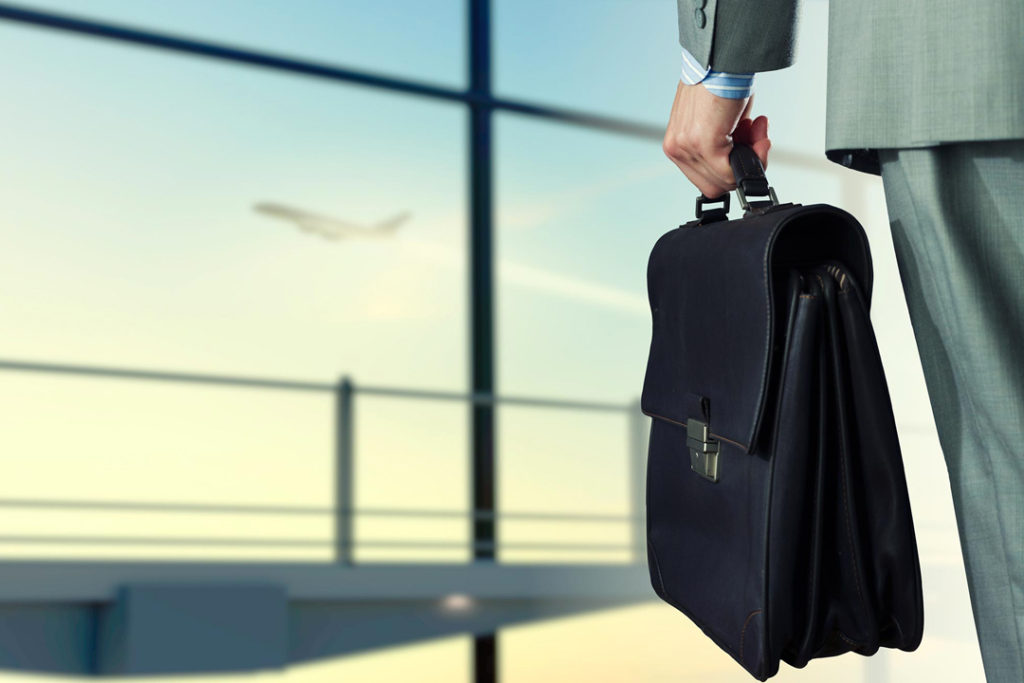Business Travel is not for everyone, or in other words, not every executive gets to travel abroad. Nonetheless, business travel is gaining prominence not just at the enterprise level, but many startups too recognize the need to travel extensively to bag high-value projects. Though waiting for the borders and the skies to open up can be excruciating, given that the pandemic has unleashed a fresh wave of onslaught on humankind all over the world, there is still hope left with the majority of the people getting vaccinated to travel from one country to another, as a pandemic protocol. Business travel has had its ups and down ever since the outbreak of the pandemic, where travel restrictions were in place for the most part of the year. Business travel too, like all travel segments, suffered considerably under the weight of travel restrictions.

All said business travel is instrumental in forging new business ties, making new connections, maintaining existing clients accounts and learning new cultures. The aforementioned reasons are compelling enough for millennials to travel to foreign destinations. A new genre of travel known as ‘bleisure’, a combination of business and leisure, is fast gaining popularity amongst the millennials.
Business travel is important as it helps gain trust with clients especially for long-term projects and on-site activities. This is because personalised attention and one-on-one meets with the client sustain the status quo of relationship. This is important from a trust point of view. Tough questions are dealt with and fear is mitigated. Challenges are met and ongoing issues are fixed. New ideas and solutions are discussed. Long-term planning is charted out and the possibilities of execution are presented. Personalised meets with clients on-site go a long in defining the way business is conducted, and therein lies the success of business travel or ‘bleisure’. We will elucidate the importance of business travel in the subsequent posts.

